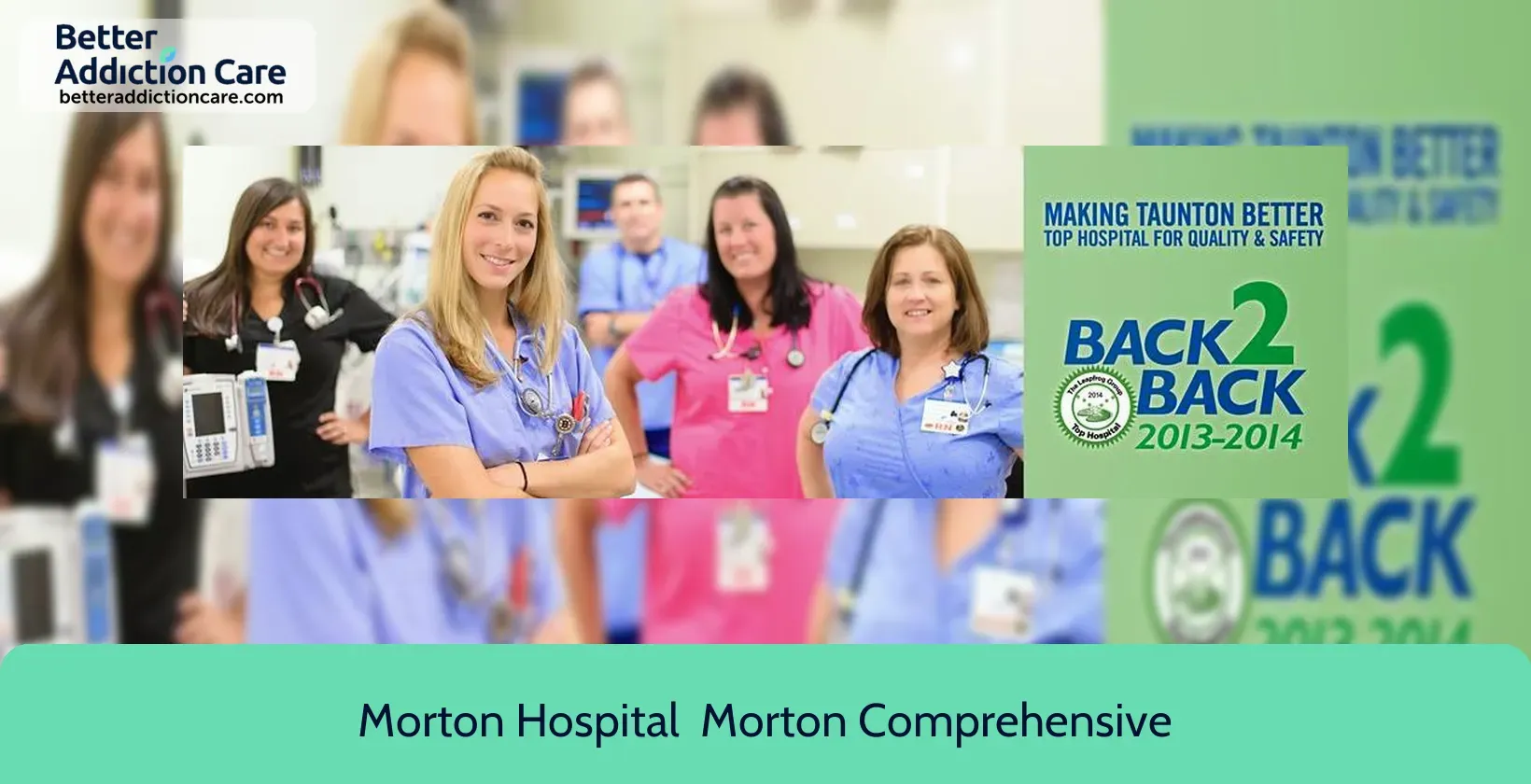Smith House COE RRS

Overview
Smith House COE RRS is a substance abuse treatment center for people seeking treatment near Bristol County. As part of their treatment modalities for recovery, Smith House COE RRS provides substance use disorder counseling, trauma-related counseling, and smoking/vaping/tobacco cessation counseling during treatment. Smith House COE RRS is located in Taunton, Massachusetts, accepting medicaid for treatment.
Smith House COE RRS at a Glance
Payment Options
- Medicaid
- Medicare
- Federal, or any government funding for substance use treatment programs
- Cash or self-payment
Assessments
- Screening for tobacco use
- Comprehensive mental health assessment
- Comprehensive substance use assessment
- Screening for mental disorders
- Screening for substance use
Age Groups
- Seniors or older adults
- Young adults
- Adults
- Seniors
Ancillary Services
- Mental health services
- Social skills development
Highlights About Smith House COE RRS
6.87/10
With an overall rating of 6.87/10, this facility has the following balanced range of services. Alcohol Rehabilitation: 8.00/10, Treatment Options: 6.85/10, Drug Rehab and Detox: 6.62/10, Insurance and Payments: 6.00/10.-
Alcohol Rehabilitation 8.00
-
Treatment Options 6.85
-
Drug Rehab and Detox 6.62
-
Insurance and Payments 6.00
Treatment At Smith House COE RRS
Treatment Conditions
- Mental health treatment
- Alcoholism
- Substance use treatment
- Co-occurring Disorders
Care Levels
- Hospital inpatient treatment
- Short-term residential
- Long-term residential
- Aftercare
Treatment Modalities
- Substance use disorder counseling
- Trauma-related counseling
- Smoking/vaping/tobacco cessation counseling
- Group counseling
- 12-step facilitation
Ancillary Services
Additional Services
- Pharmacotherapies administered during treatment
- Mentoring/peer support
- Breathalyzer or blood alcohol testing
Special Programs
- Clients with co-occurring mental and substance use disorders
- Clients who have experienced trauma
Get Help Now
Common Questions About Smith House COE RRS
Contact Information
Other Facilities in Taunton

6.71

7.61

7.02

7.88
DISCLAIMER: The facility name, logo and brand are the property and registered trademarks of Morton Hospital - Morton Comprehensive Addiction Program (MORCAP), and are being used for identification and informational purposes only. Use of these names, logos and brands shall not imply endorsement. BetterAddictionCare.com is not affiliated with or sponsored by Morton Hospital - Morton Comprehensive Addiction Program (MORCAP).
